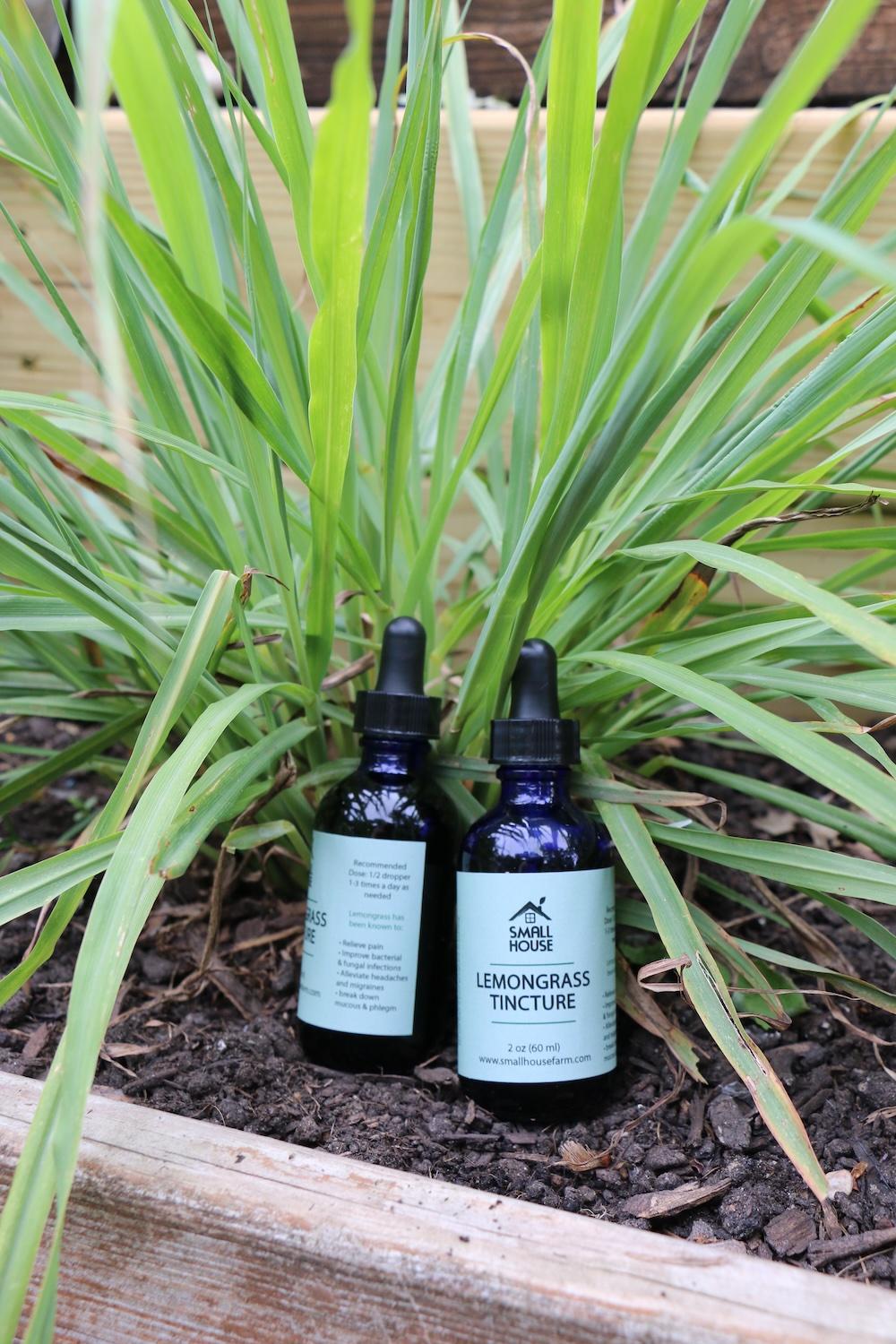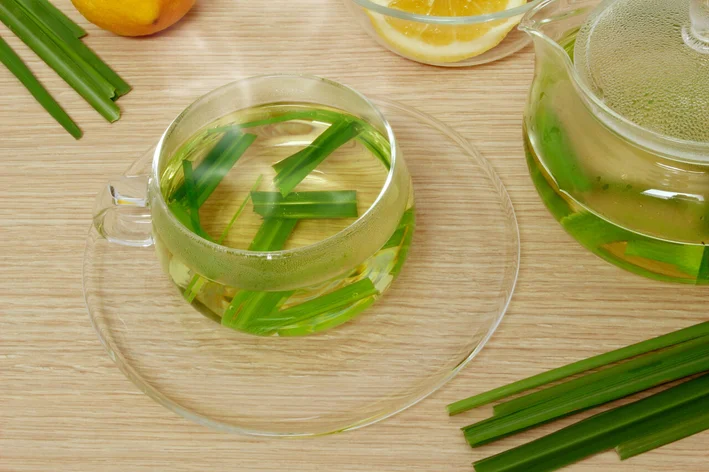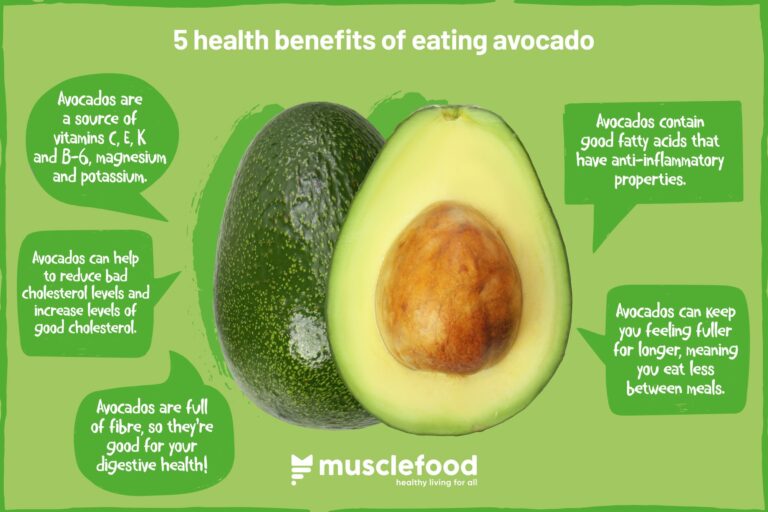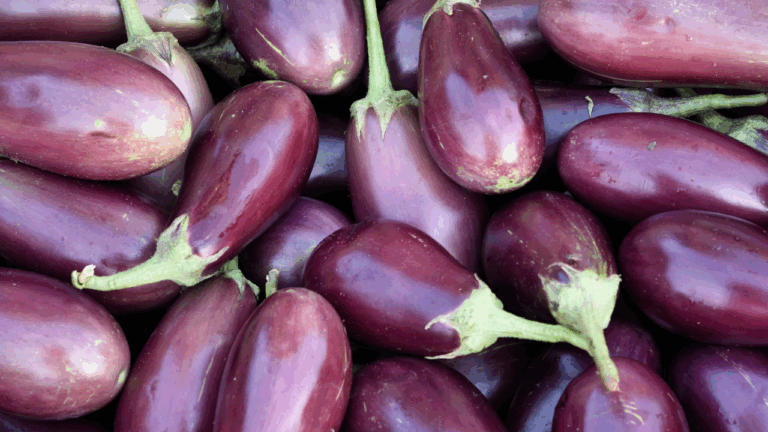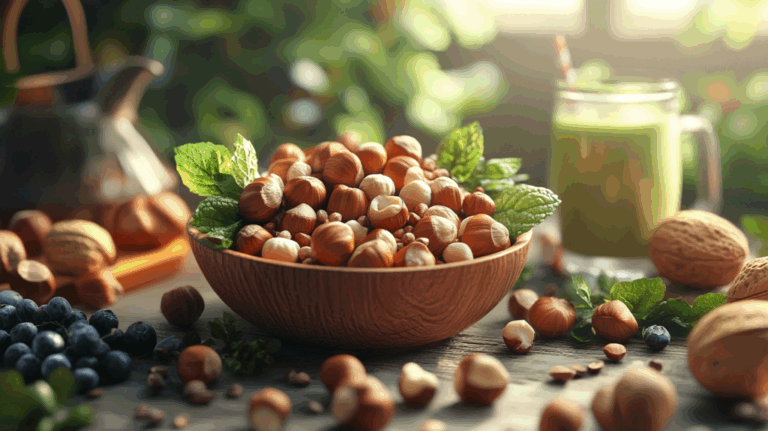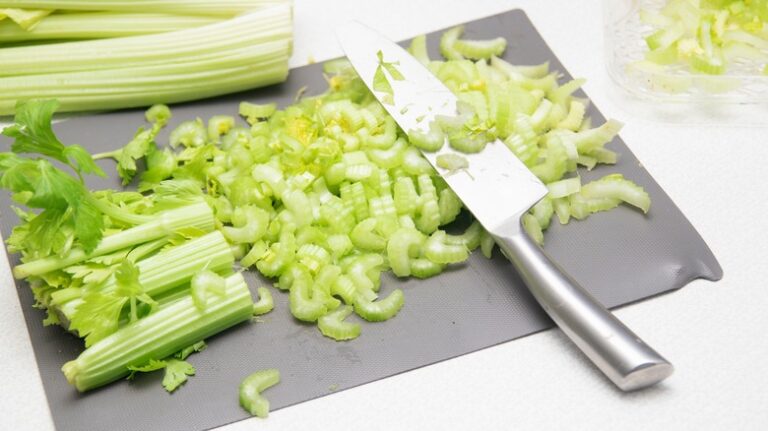From Tea to Tincture: Unlocking the Wellness Power of Lemongrass
The air shimmers, heavy with the scent of distant rain and the promise of warmth. In a sun-drenched garden, emerald blades rise from the earth, slender and unassuming, yet pulsating with an energy that has whispered across continents and through centuries. This is Cymbopogon citratus, the humble lemongrass, a botanical marvel whose journey from a fragrant culinary accent to a potent therapeutic agent is a testament to the enduring wisdom of nature and the relentless curiosity of humankind.
Our story begins not with scientific papers or laboratory analyses, but with the simple act of brewing a cup of tea. It begins with the comforting steam carrying the bright, lemony-grassy aroma, a scent that instantly evokes images of bustling Southeast Asian kitchens, ancient healing rituals, and tranquil moments of reflection. But as we delve deeper, we discover that the seemingly straightforward path from a fragrant leaf to a soothing brew is merely the first step on a profound journey – a journey that culminates in the concentrated power of the tincture, unlocking a symphony of wellness benefits that far transcend the fragrant cup.
The Ancient Roots: A Culinary & Healing Legacy
The narrative of lemongrass is inextricably woven into the tapestry of human civilization, particularly across Southeast Asia, Africa, and parts of Australia. For millennia, indigenous cultures recognized its dual nature: a vibrant flavor enhancer and a powerful medicine. Its origins are generally traced to maritime Southeast Asia, where it thrived in tropical climes, becoming an indispensable ingredient in curries, soups, and marinades. Imagine the bustling markets of ancient Thailand or Vietnam, where vendors would bundle fresh lemongrass alongside galangal and chilies, the air thick with its invigorating perfume.
But beyond the culinary delight, traditional healers observed its remarkable therapeutic properties. In Ayurvedic medicine, lemongrass was known as "Bhutrina" and used to alleviate fevers, digestive complaints, and pain. In traditional Chinese medicine, it was employed to dispel dampness, reduce inflammation, and invigorate circulation. African folk medicine utilized it for its antimalarial and antipyretic qualities. These ancient applications, often passed down through generations via oral tradition and practical experience, laid the groundwork for our modern understanding, offering tantalizing clues to the plant’s profound potential.
The journey of lemongrass across the globe began with trade routes and colonial expansion. Sailors and merchants, captivated by its fragrance and utility, carried it to new lands, where it quickly acclimatized and integrated into local pharmacopeias and cuisines. From a remote tropical grass, it became a global citizen, carrying its ancestral wisdom to every corner of the earth.
The Heart of the Herb: A Symphony of Molecules
To truly understand the wellness power of lemongrass, we must venture beyond its sensory appeal and delve into its intricate phytochemistry. It is here, at the molecular level, that the magic truly unfolds. Lemongrass is a veritable botanical pharmacy, housing a complex array of compounds, each playing a role in its therapeutic symphony.
The undisputed star of this molecular ensemble is citral, a collective term for two isomers: geranial and neral. Citral is responsible for the characteristic lemony aroma and is the primary driver of many of lemongrass’s acclaimed health benefits. Research has shown citral to possess potent anti-inflammatory, antimicrobial, antioxidant, and even potential anticancer properties. Its presence in significant concentrations makes lemongrass a powerhouse.
But citral is not alone. Other important constituents include:
- Myrcene: A monoterpene also found in hops and cannabis, contributing to lemongrass’s anti-inflammatory and analgesic effects. It also acts as a sedative and muscle relaxant.
- Geraniol: Another monoterpenoid alcohol, contributing to the rose-like notes and exhibiting antimicrobial and antioxidant activities.
- Limonene: A monoterpene commonly found in citrus peels, known for its antioxidant and anti-inflammatory properties.
- Flavonoids: A diverse group of plant pigments with powerful antioxidant and anti-inflammatory effects, protecting cells from damage.
- Phenolic Acids: Such as caffeic acid and chlorogenic acid, which also contribute to the plant’s antioxidant capacity.
The beauty of nature, however, lies not just in the isolated action of these compounds, but in their synergistic interplay. The "entourage effect," as it’s often called, suggests that these compounds work together, enhancing each other’s effects and offering a more holistic and balanced therapeutic profile than any single isolated component could provide. This complex interplay is what makes lemongrass a truly versatile and potent botanical.
The Gentle Embrace: Lemongrass Tea
For many, the introduction to lemongrass’s wellness power comes through the comforting ritual of tea. The preparation is simple: fresh or dried blades steeped in hot water, releasing their fragrant essence. This gentle brew, often described as "liquid gold," offers an accessible and delightful entry point into the plant’s therapeutic world.
Lemongrass tea is renowned for its digestive benefits. It acts as a carminative, helping to relieve gas and bloating, and an antispasmodic, easing cramps and discomfort. Its volatile oils stimulate digestive enzymes, promoting efficient digestion and nutrient absorption. A warm cup after a meal is a time-honored tradition in many cultures, and for good reason.
Beyond digestion, lemongrass tea offers a calming embrace for the nervous system. Its subtle anxiolytic (anxiety-reducing) properties can help soothe frayed nerves, promote relaxation, and even aid in achieving restful sleep. The act of preparing and slowly savoring the tea itself becomes a mindful practice, a brief sanctuary from the day’s stresses.
Furthermore, it acts as a mild diuretic and detoxifier, gently encouraging the body to flush out toxins. Rich in antioxidants, it helps combat oxidative stress, protecting cells from damage caused by free radicals. While less concentrated than other forms, regular consumption of lemongrass tea contributes to overall well-being, hydration, and a sense of internal balance. It’s the daily whisper of wellness, a reminder of nature’s gentle care.
Beyond the Brew: Expanding Applications
The journey of lemongrass’s wellness power doesn’t stop at the teacup. As our understanding deepened, so too did the methods of extraction and application, leading to more concentrated and targeted forms.
Essential Oil: Through steam distillation, the volatile compounds of lemongrass are concentrated into a potent essential oil. This highly aromatic oil is a staple in aromatherapy, known for its uplifting and purifying properties. Diffused, it can invigorate the mind, reduce stress, and cleanse the air. Topically, diluted in a carrier oil, it becomes a powerful ally. Its anti-inflammatory and analgesic qualities make it excellent for soothing sore muscles, arthritic joints, and headaches. Its antimicrobial and antifungal properties lend it to skin applications, helping to combat issues like athlete’s foot or minor infections. And, of course, its natural insect-repelling capabilities are well-documented, making it a popular choice for natural bug sprays.
Culinary Expansion: While tea is a drink, lemongrass itself is a foundational culinary ingredient. Its fresh stalks are bruised and added to broths, curries, and marinades, not just for flavor but for its digestive and detoxifying qualities. The plant’s inherent properties become part of the meal, contributing subtly to the body’s internal balance.
These various forms highlight the versatility of lemongrass, allowing individuals to choose the method of application that best suits their needs and preferences. However, for those seeking a more potent, precise, and systemic approach to harnessing its therapeutic power, the journey leads us to the tincture.
The Concentrated Power: Lemongrass Tincture
The tincture represents a significant leap in the journey from a simple tea. It is a concentrated liquid extract, typically made by steeping fresh or dried plant material in alcohol (or sometimes glycerin or apple cider vinegar). This extraction method is crucial because alcohol is a powerful solvent, capable of drawing out a broader spectrum of the plant’s medicinal compounds – including those that are less water-soluble – in a highly bioavailable form.
Why a Tincture?
- Potency and Concentration: Tinctures are significantly more concentrated than teas. A few drops of tincture can deliver the equivalent therapeutic benefits of a large cup of tea, making it ideal for targeted, higher-dose applications.
- Bioavailability: The alcohol solvent helps the medicinal compounds cross cell membranes more easily, leading to faster and more efficient absorption into the bloodstream. This means the body can utilize the active constituents more effectively.
- Extended Shelf Life: The alcohol acts as a natural preservative, giving tinctures a much longer shelf life (often several years) compared to teas, which must be consumed fresh.
- Precise Dosing: Tinctures allow for accurate and consistent dosing, which is critical for therapeutic applications. Drops can be measured, ensuring a predictable effect.
- Convenience: Tinctures are highly portable and easy to administer, simply added to a small amount of water or juice, or even taken directly under the tongue for rapid absorption.
The making of a tincture is an art and a science, a slow dance between plant and solvent. The plant material is allowed to macerate for weeks, sometimes months, in a dark, cool place, patiently surrendering its healing essence to the menstruum. The resulting liquid, often a deep amber, holds the concentrated spirit of the lemongrass.
A Symphony of Wellness: Deeper Dive into Tincture Benefits
With the concentrated power of a tincture, lemongrass’s therapeutic capabilities are amplified, offering a broad spectrum of benefits for a knowledgeable audience seeking deeper wellness support.
1. Digestive Harmony Elevated:
While tea offers gentle digestive relief, a lemongrass tincture provides more robust support. Its potent carminative and antispasmodic properties are highly effective in alleviating chronic indigestion, irritable bowel syndrome (IBS) symptoms (such as cramping and bloating), and even mild forms of nausea. The concentrated citral and myrcene stimulate digestive enzymes and bile flow, optimizing nutrient assimilation and promoting a healthy gut microbiome. It acts as a powerful ally for those seeking to reset and maintain digestive balance.
2. Potent Anti-Inflammatory & Analgesic:
This is where the tincture truly shines for managing pain and inflammation. The concentrated citral, myrcene, and other flavonoids exhibit significant anti-inflammatory effects by inhibiting pro-inflammatory pathways, similar to how NSAIDs work, but often with fewer side effects. This makes lemongrass tincture a valuable tool for:
- Arthritis and Joint Pain: Reducing swelling and stiffness.
- Muscle Aches and Spasms: Easing post-exercise soreness or chronic tension.
- Headaches and Migraines: Offering a natural alternative for pain relief.
- General Systemic Inflammation: Contributing to overall cellular health by dampening inflammatory responses throughout the body.
3. Antioxidant Powerhouse for Cellular Protection:
In a world rife with environmental toxins and chronic stress, cellular protection is paramount. Lemongrass tincture, rich in antioxidants like flavonoids and phenolic acids, actively scavenges free radicals, mitigating oxidative stress. This translates to:
- Anti-Aging Effects: Protecting skin cells and internal organs from premature damage.
- Immune System Support: A healthy immune system relies on healthy cells, and antioxidants bolster this defense.
- Chronic Disease Prevention: Oxidative stress is implicated in numerous chronic conditions, from cardiovascular disease to neurodegenerative disorders. The consistent intake of lemongrass antioxidants helps build resilience.
4. Anxiolytic and Neuro-Supportive Effects:
The calming properties observed in lemongrass tea are amplified in the tincture. Myrcene and other volatile compounds interact with neurotransmitter systems, particularly GABA receptors, which are responsible for calming nervous activity. This makes lemongrass tincture an excellent natural support for:
- Anxiety and Stress Reduction: Promoting a sense of calm and reducing nervous tension without sedation.
- Improved Sleep Quality: By easing anxiety, it can help facilitate falling asleep and achieving deeper, more restorative sleep.
- Mood Regulation: Contributing to a more balanced emotional state.
This aspect is particularly appealing to those seeking natural alternatives to manage the stresses of modern life.
5. Broad-Spectrum Antimicrobial and Antifungal Action:
Lemongrass’s traditional use as an antimicrobial agent is strongly supported by scientific research, especially with its concentrated forms. Citral and other compounds exhibit potent activity against a wide range of bacteria (including some antibiotic-resistant strains) and fungi. A tincture can be used internally (under professional guidance) for:
- Gut Health: Helping to rebalance the gut microbiome by inhibiting pathogenic bacteria and fungi (like Candida).
- Immune Support: Acting as a natural defense against common infections.
Topically, diluted tinctures can be applied to minor skin infections or fungal issues, though essential oil is often preferred for direct external application.
6. Metabolic Support (with careful consideration):
Emerging research suggests lemongrass may offer support for metabolic health. Studies indicate potential roles in:
- Cholesterol Management: Some compounds may help reduce LDL ("bad") cholesterol levels.
- Blood Sugar Regulation: Preliminary studies suggest it may help moderate blood glucose levels.
It’s crucial to emphasize that while promising, these areas require more extensive human clinical trials, and lemongrass should never replace prescribed medications for metabolic conditions. However, as part of a holistic wellness plan, it offers intriguing supportive potential.
7. Potential for Cellular Health and Anticancer Research (Cautious Optimism):
Perhaps one of the most exciting, yet still nascent, areas of research involves lemongrass’s potential role in cellular health and its implications for cancer. Studies, primarily in vitro (test tube) and in vivo (animal models), have shown that citral can induce apoptosis (programmed cell death) in various cancer cell lines, inhibit tumor growth, and prevent metastasis. It appears to do this without harming healthy cells, a significant advantage over conventional chemotherapy.
Crucial Caveat: While these findings are profoundly encouraging, it is absolutely vital to stress that lemongrass tincture is NOT a cancer cure. It should never be used as a standalone treatment for cancer. This research highlights the potential for future therapeutic development and underscores the plant’s powerful bioactive compounds. For now, it reinforces the idea that consistent intake of antioxidant and anti-inflammatory botanicals can contribute to a cellular environment less conducive to disease.
Navigating the Landscape: Practical Application & Considerations
Harnessing the power of lemongrass, particularly in its concentrated tincture form, requires knowledge and respect for its potency.
Sourcing and Quality:
The efficacy of any herbal remedy hinges on the quality of the plant material. Seek out tinctures from reputable manufacturers who use organic or wild-harvested lemongrass. Look for transparency in their extraction methods and third-party testing for purity and potency. The ideal tincture will be made from fresh, vibrant lemongrass, processed quickly to preserve its volatile compounds.
Dosage and Administration:
Dosage for tinctures is typically measured in drops and can vary based on the concentration of the extract, the specific condition being addressed, and individual sensitivity. Always start with the lowest recommended dose and gradually increase if needed, observing your body’s response. A common recommendation might be 10-30 drops, 1-3 times daily, diluted in a small amount of water. For specific conditions, consulting with a qualified herbalist or healthcare practitioner is highly recommended.
Contraindications and Precautions:
While generally considered safe for most people, certain precautions are necessary:
- Pregnancy and Breastfeeding: Due to its potential to stimulate uterine contractions (in very high doses) and lack of sufficient research, lemongrass tincture is generally advised against during pregnancy and breastfeeding.
- Medication Interactions: Lemongrass may interact with certain medications, particularly blood thinners, blood pressure medications, and drugs metabolized by the liver (CYP450 enzymes). Always consult your doctor before combining with prescription drugs.
- Allergies: Individuals with known allergies to plants in the Poaceae (grass) family should exercise caution.
- Topical Use: While essential oil is primarily used topically, if considering a diluted tincture for skin application, perform a patch test first to check for sensitivity. Concentrated tinctures are generally for internal use.
- Gastrointestinal Sensitivity: Some individuals may experience mild stomach upset, especially when starting a new tincture. If this occurs, reduce the dose or discontinue use.
Integration into a Holistic Lifestyle:
Lemongrass tincture is not a magic bullet but a powerful ally within a holistic wellness framework. Its benefits are maximized when combined with a balanced diet, regular exercise, adequate sleep, and stress management techniques. It serves as a daily reminder of nature’s profound ability to support and restore balance.
The Full Circle: A Journey of Discovery
Our journey with lemongrass, from the steamy cup of tea to the potent drops of tincture, mirrors humanity’s own evolving relationship with the natural world. It began with intuitive wisdom, the observation of effects, and the passing down of knowledge through generations. It then transitioned into the rigorous scrutiny of science, dissecting the plant’s molecular secrets and validating ancient claims with empirical evidence.
Today, lemongrass stands as a bridge between these two worlds: a testament to the enduring power of traditional herbalism, enhanced and understood through the lens of modern phytochemistry. It is a plant that invites us to slow down, to savor its aroma, to appreciate its history, and to respect its profound ability to heal.
As we hold a vial of lemongrass tincture, we hold more than just a liquid extract. We hold the essence of a plant that has traveled across continents and through time, carrying with it the whispers of ancient healers and the promise of modern wellness. It is a humble grass, yes, but within its emerald blades lies a concentrated power, waiting to be unlocked, offering a vibrant, aromatic pathway to a healthier, more balanced life. The story of lemongrass is ongoing, and its wellness power continues to unfold, inviting us all to become part of its remarkable narrative.
